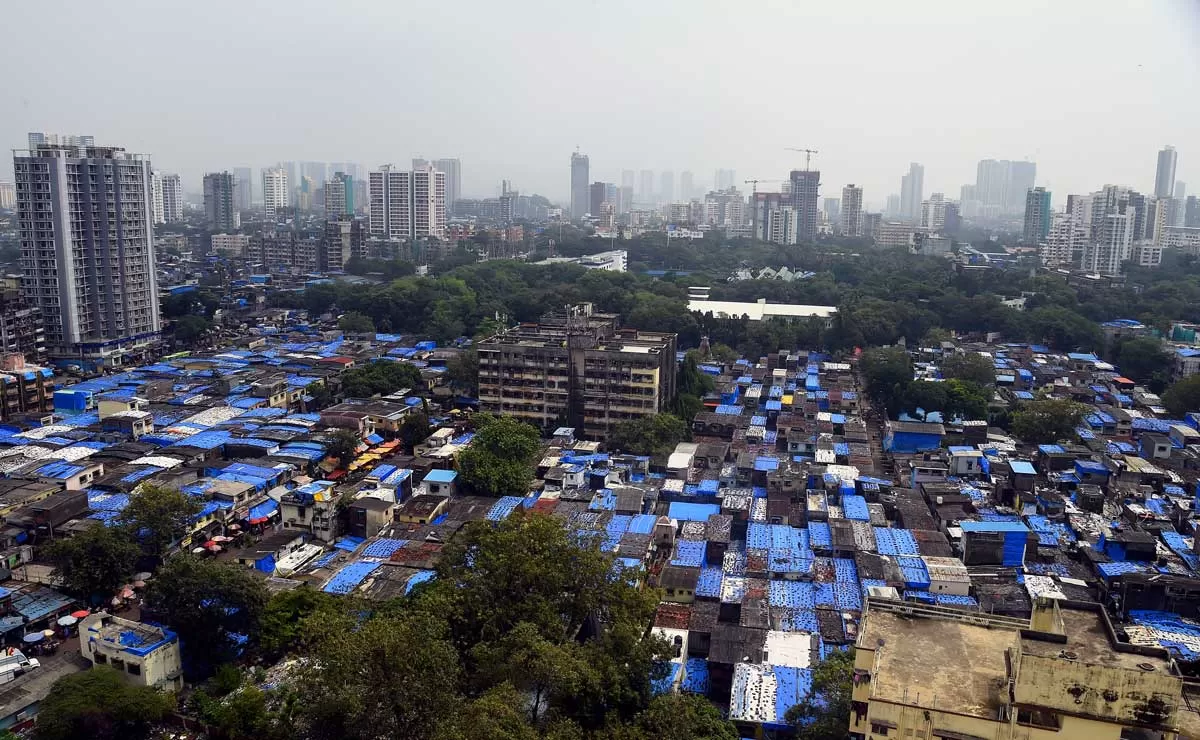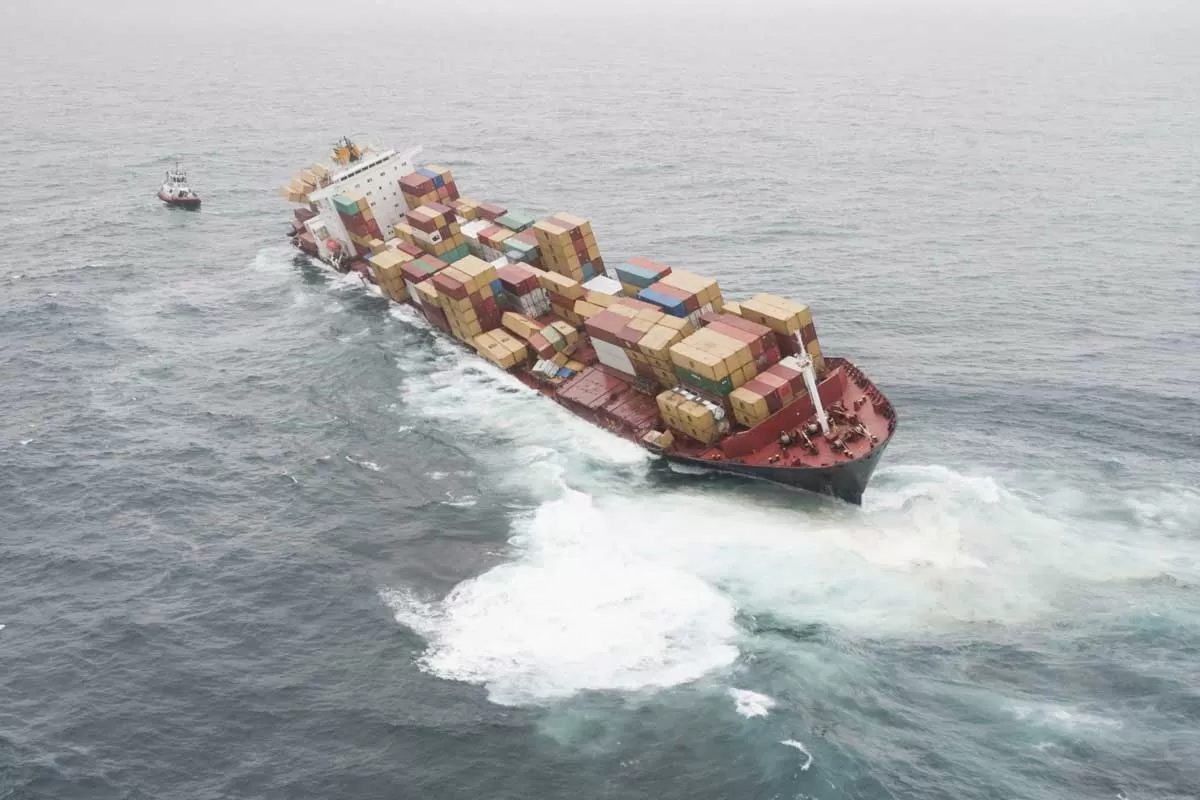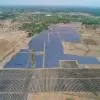A plant with many firsts to its credit, ACC Cement's kiln in Wadi is now the world's largest with a capacity of 12,500 tpd.
There’s something special about ACC Ltd’s Wadi II plant in Karnataka. Established as a cement plant over five decades ago, the project now comprises a clinker line expanded to 12,500 tpd with two satellite cement grinding works to manufacture Portland slag and fly-ash based Portland Pozzolana cement. And on June 30, the kiln exceeded its rated capacity by registering a clinker output of a whopping 13,318 tpd – a new global record for cement kilns!
History in the makingAfter setting up base in 1968, the plant introduced the use of precalciner technology – a first for India – and, a few years on, incorporated the country’s first 1 mta kiln line along with a 25 MW captive thermal power unit; another 50 MW was added a decade later. In 2001, a new cement line, the New Wadi plant, was established close to the old one. The project comprised a single 5,500 tpd line (later enhanced to 6,000 tpd), making it the largest kiln in India. It also boasted the longest loading platform, amongst the largest mills and the biggest captive thermal power units in the industry. By 2007, the capacity of the New Wadi plant was increased to 4.2 mta with the installation of two vertical pre-grinding mills and modifications made by ACC’s in-house engineering team.
The expansion plan
In 2007, the company increased the capacity of Wadi’s kiln No. 4 to its ultimate design level: 12,000 tpd. The necessary capital outlay was approved along with plans for two satellite grinding facilities and the expansion of its captive power generation capacity by 50 mw. The project required state-of-the-art equipment with high energy efficiency and pollution control measures.
The challengesAs the project was being implemented at an existing plant, downtime had to be kept to a minimum to curtail losses in dispatches and sales. The actual shutdown was planned at 72 days but was achieved in a record 45 days. Wadi’s colossal rotary kiln (96 m × 96 m) is probably one of the largest moving machines ever to be constructed in the cement industry. To save time and space, much of this part of the project was outsourced to Hyderabad and Chennai. Given the size of the parts, ensuring the safe arrival of major machinery and equipment was itself a formidable task that called for meticulous planning and logistic support.
The grinding unitsThe two satellite grinding facilities were both established as greenfield units. The Kudithini Cement Works receives clinker from Wadi by rail and road and has a capacity of 1.1 mta of Portland slag cement with its own railhead and siding with sophisticated unloading and handling facilities. The other grinding plant is located in the picturesque village of Thondebhavi. With a capacity of 1.6 mta, it produces fly ash-based Portland Pozzolana cement. Clinker arrives from Wadi at its own rail siding.
The Wadi plant caters not only to Karnataka but much of the peninsula comprising Maharashtra, Andhra Pradesh, Tamil Nadu and Kerala. Together with the satellite grinding units, this mega project has enhanced ACC’s capacity in Karnataka to almost 9 mta, of which about 30 per cent is consumed by the state. The environment-friendly ethos of this project is reinforced by the surroundings of both grinding units with a special focus on green belt development and water conservation.
The bigger pictureCosting over $330 million, the Wadi project, together with its satellite grinding units, is amongst the major industrial units in Karnataka to have generated considerable opportunities and created sustainable livelihoods through direct and indirect employment. It has also opened up opportunities for the growth of ancillary businesses. All operations at Wadi are now colossal in scale – setting new trends and benchmarks both nationally cw and globally.
Key Components- Limestone crusher and stacker reclaimer system.
- Vertical roller mill for raw grinding.
- Six-stage preheater with inline calciner and cooler and clinker loading system for dispatches.
- Machinery including the longest bucker elevator, the biggest cooler deep pan conveyor, and the latest and largest clinker breaker and cooler.
- Two new grinding units.
- Two boilers using circulating fluidised bed combustion technology and two thermal generating sets of 25 MW each.
Project Milestones- The raw mill has the largest capacity ever, with a reverse air baghouse (RABH) for zero dust emissions.
- The RABH's chimney is the tallest in the industry.
- At 183 m, the pre-heater is the highest in the cement industry.
- The kiln feed elevator is also the tallest ever supplied by Beumer.
- The cooler, with the latest SF Cross Bar technology, is the first of its kind by FLSmidth for ACC Wadi.
To share your views on the above article, write in at feedback@ASAPPmedia.com

















